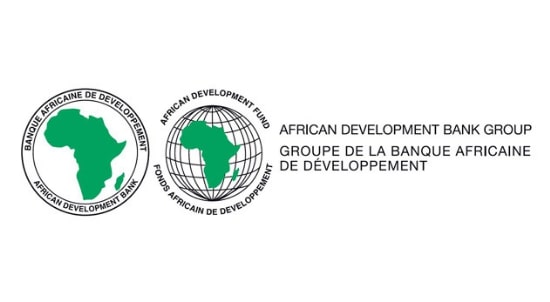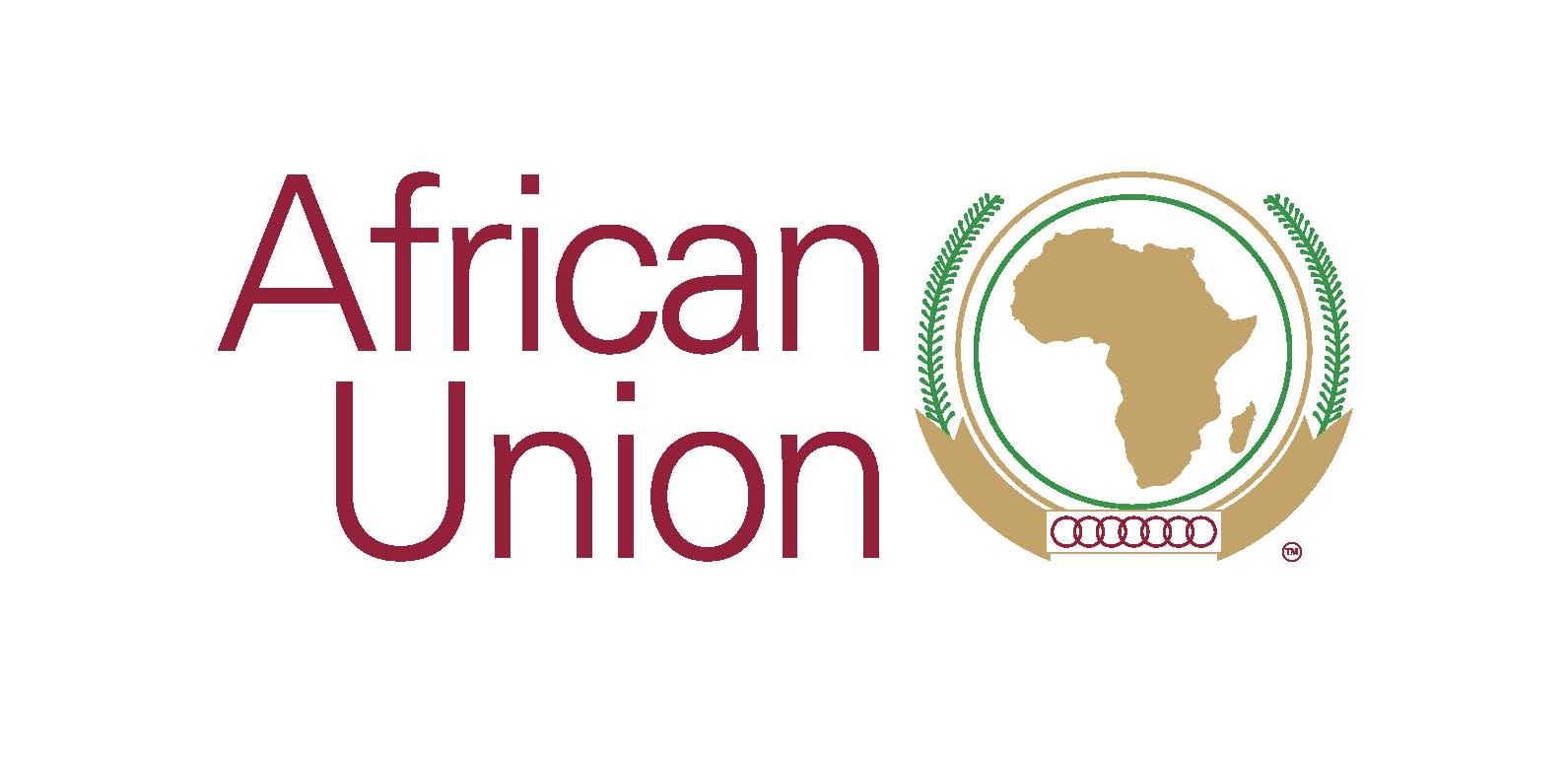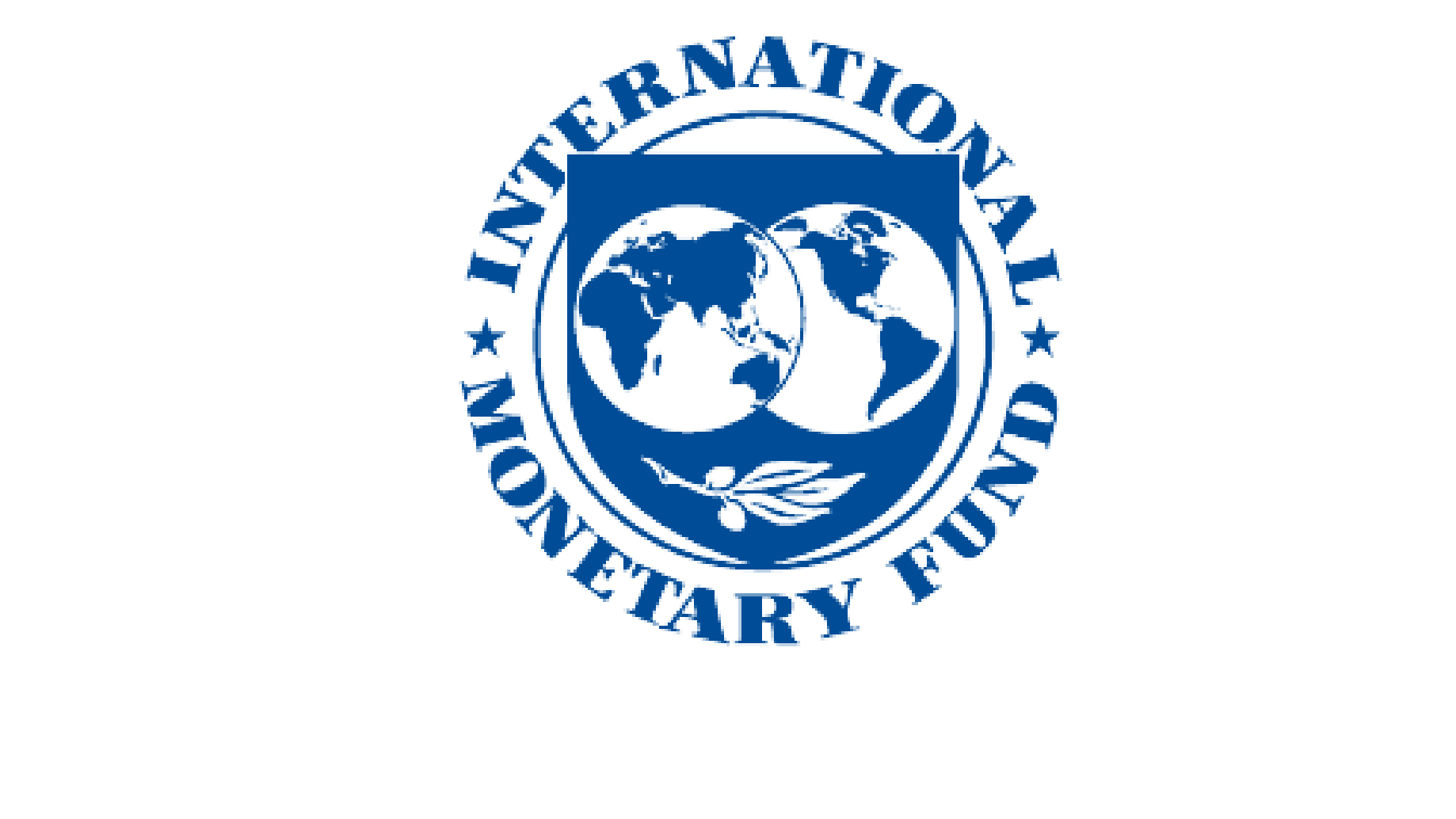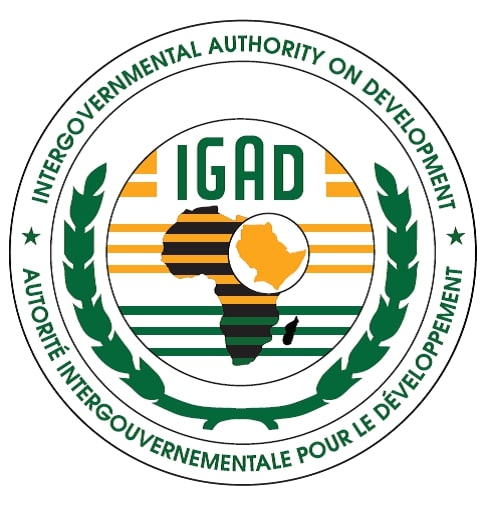Nigeria’s Special Agro-industrial Processing Zones (SAPZ) Phase II, Boosted with a Whopping $2.2 billion Investment Interest at the Africa Investment Forum (AIF) 2024

The African Development Bank Group facilitated $2.2 billion in capital mobilization for its transformative Special Agro-Industrial Processing Zones Nigeria Phase II project during the Africa Investment Forum on Wednseday 4th December 2024.
Africa Investment Forum 2024 Garners $29.2 Billion in Deals, Signaling Continent's Growing Economic Potential

The Africa Investment Forum 2024 Market Days has recorded a total of $29.2 billion in new investor interests after three days of boardroom discussions in Rabat, Morocco from 4 to 6 of December, 2024
African Development Fund releases $81 million dollars for construction of road linking Guinea and Senegal to promote integration and trade

The Board of Directors of the African Development Fund approved a loan of $80.93 million to Senegal and Guinea for the construction of a new interstate road linking Labé and Mali in Guinea with Kédougou and Fongolembi in Senegal.
African Development Bank and partners plan to make Abidjan-Lagos corridor highway a potent economic and industrial hub

The Abidjan-Lagos corridor highway will link the cities of five major West African countries by 2030, and is set to become a powerful economic and industrial hub courtesy of the Spatial Development Initiative promoted by the African Development Bank.
This 1,028-kilometre transnational coastal motorway will connect Côte d'Ivoire to Nigeria, while crossing through Ghana, Togo and Benin. Work is due to commence in 2026 and is earmarked for completion in 2030, the African Development Bank revealed at an online workshop held on Thursday 22 November with all the partners associated with the project.
Africa And Türkiye Hold the Third Ministerial Review Conference

Africa and Türkiye held the 3rd Ministerial Review Conference prior to their fourth joint Summit scheduled to take place in 2026 on the African soil. The Africa Türkiye Ministerial Review Conference, which was co-organised by the African Union Commission and the Government of Türkiye was hosted by the Republic of Djibouti from 2-3 November 2024.
African Leaders Welcome Launch of African Development Bank’s Technical Assistance Facility to Unlock Climate Finance for Vulnerable Regions

In a major step to address Africa's climate finance gap, the African Development Bank Group has launched a new funding call that will transform the development of climate projects across 37 low-income African countries.
With an initial allocation of $56 million, the Climate Action Window (CAW) Technical Assistance Facility, launched at COP29 in Baku, Azerbaijan, will support the preparation, financing, and implementation of adaptation and mitigation projects aligned with the Paris Agreement, Nationally Determined Contributions (NDCs), and National Adaptation Plans (NAPs).
COP29: African Leaders Urge Rapid Increase in Climate Finance for Adaptation and Green Growth

“We hope to move from millions and billions (of dollars) to the thousands of billions of dollars Africa clearly needs for climate action. The success of this COP, described as the “finance COP,” will largely depend on the level of ambition of the climate finance target.”
World Food Day: How the new MADE Alliance will use digital technologies to help farmers in Africa feed the continent

The African Development Bank Group and Mastercard are co-chairing a new initiative called Mobilizing Access to the Digital Economy (MADE) Alliance Africa, which aims to provide digital access to critical services for 100 million people and businesses in Africa over the next 10 years.
Growth in Sub-Saharan Africa is Diverging

Stagnating incomes in sub-Saharan Africa’s resource-intensive economies necessitate more effective fiscal management and broad-based structural reforms
Sub-Saharan Africa is home to nine of the world’s top twenty fastest-growing economies this year. Such startling statistics, however, rarely feature in discussions of the region’s outlook. Instead, headline figures typically emphasize the relatively modest average economic performance. This disconnect reflects a two-track growth pattern, where a significant part of the region underperforms.
IGAD Supports Uganda to Review its National Land Policy 2013 in Buganda Cluster

November 11-12, 2024(Buganda Cluster, Seeta, Mukono – Uganda): As part of the review of Uganda’s National Land Policy (2013), the Intergovernmental Authority on Development (IGAD), through the Land Governance programme of its Agriculture and Environment Division, convened a two-day workshop for the Buganda Cluster in Mukono/Seeta, Uganda.




